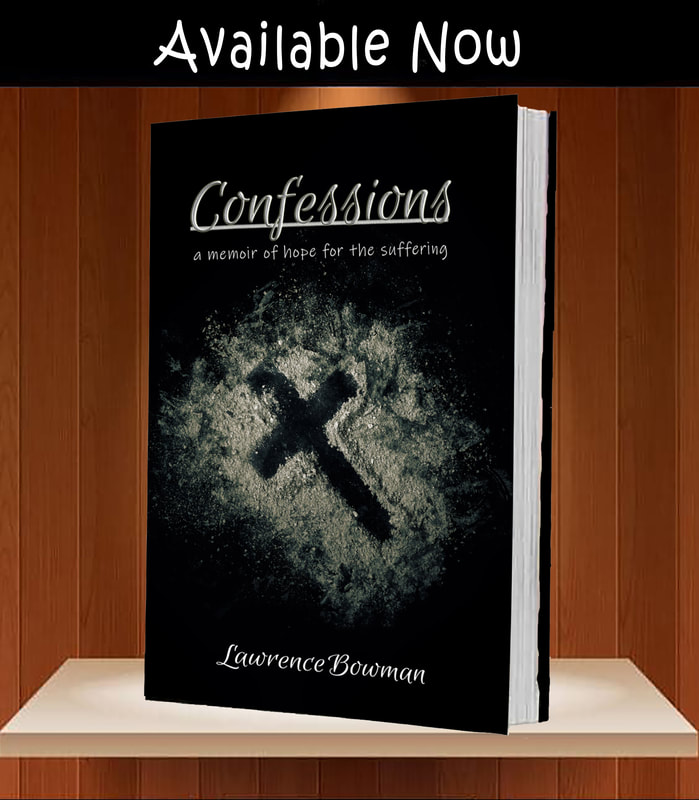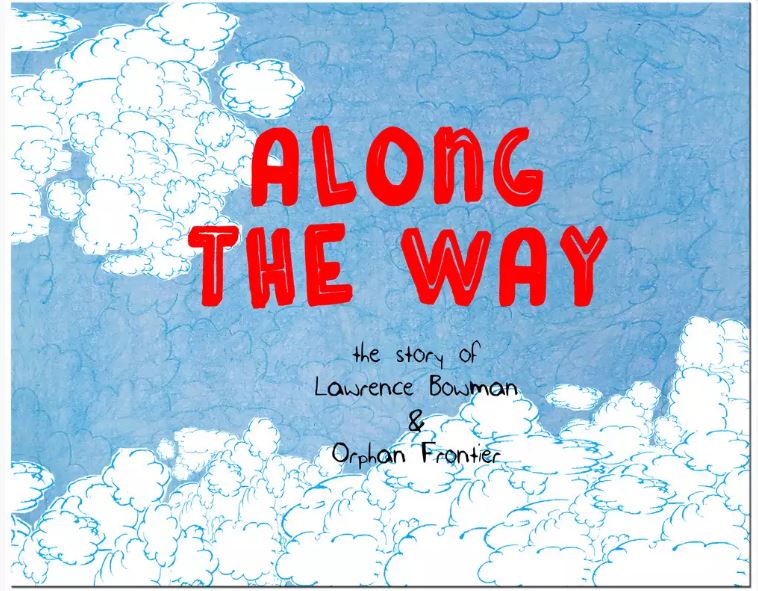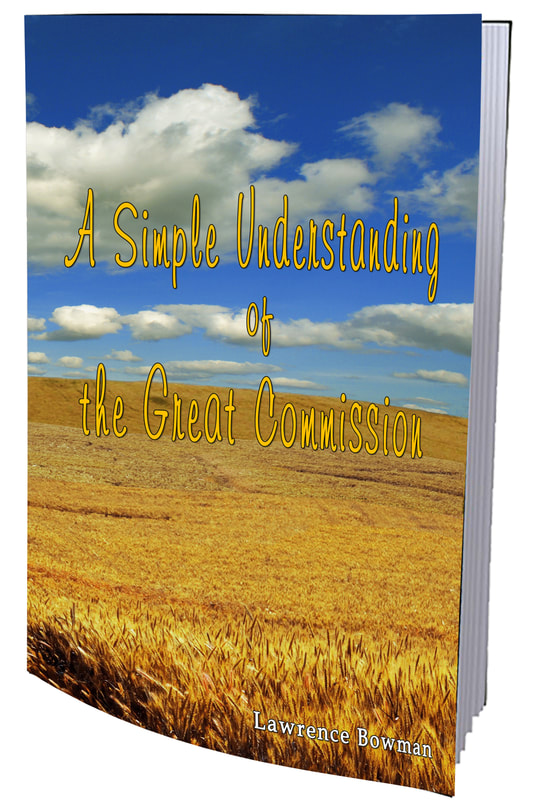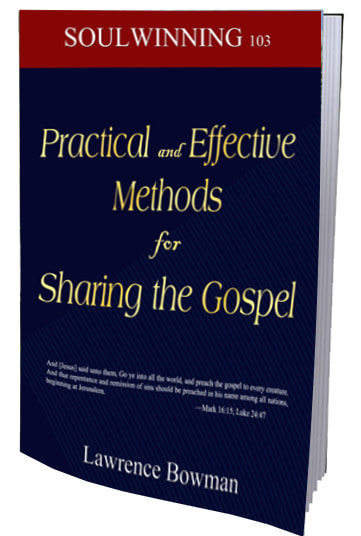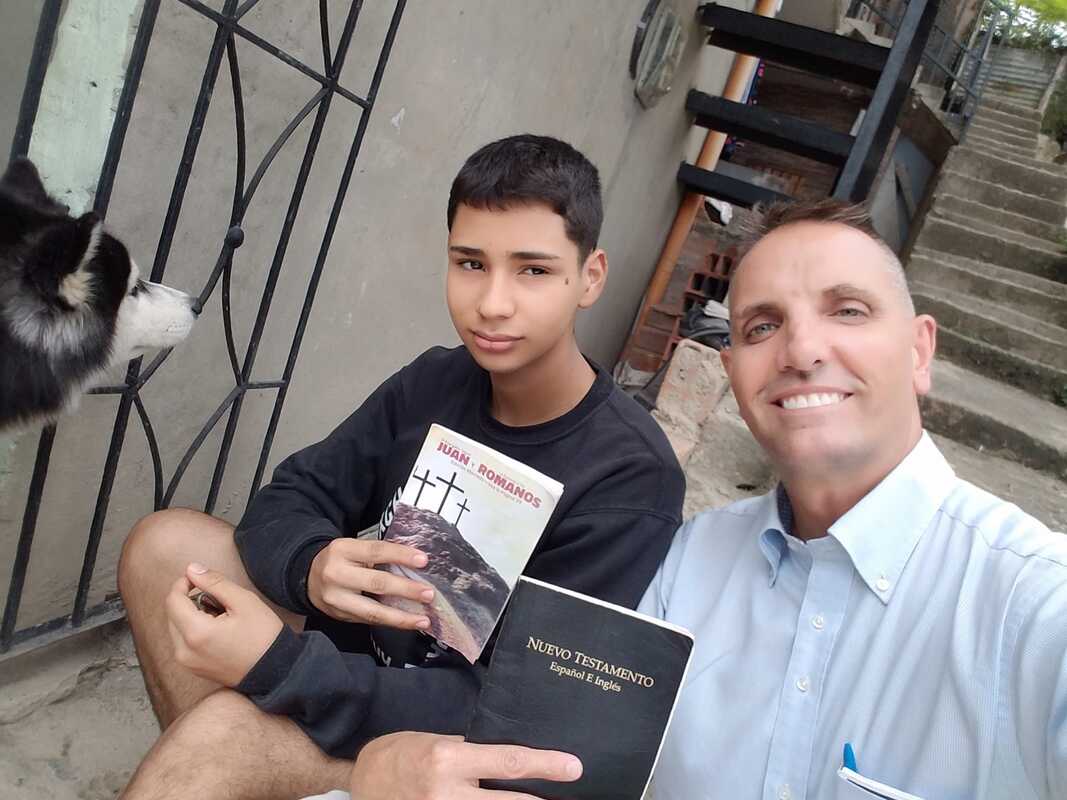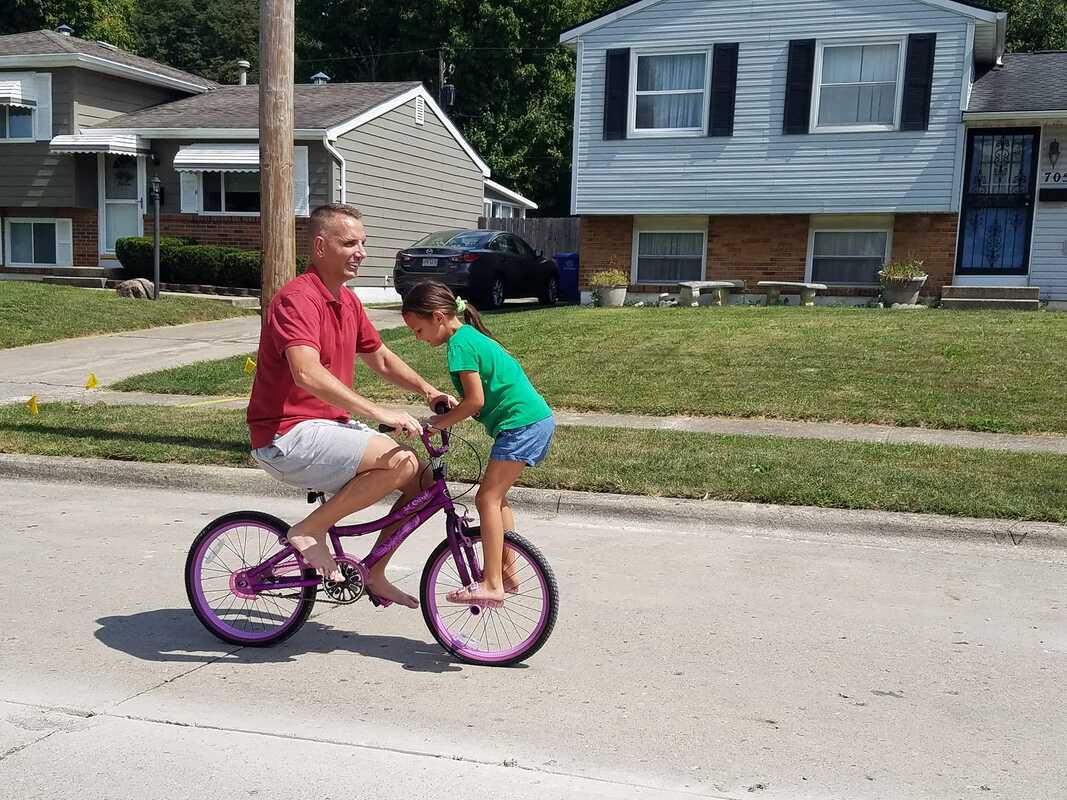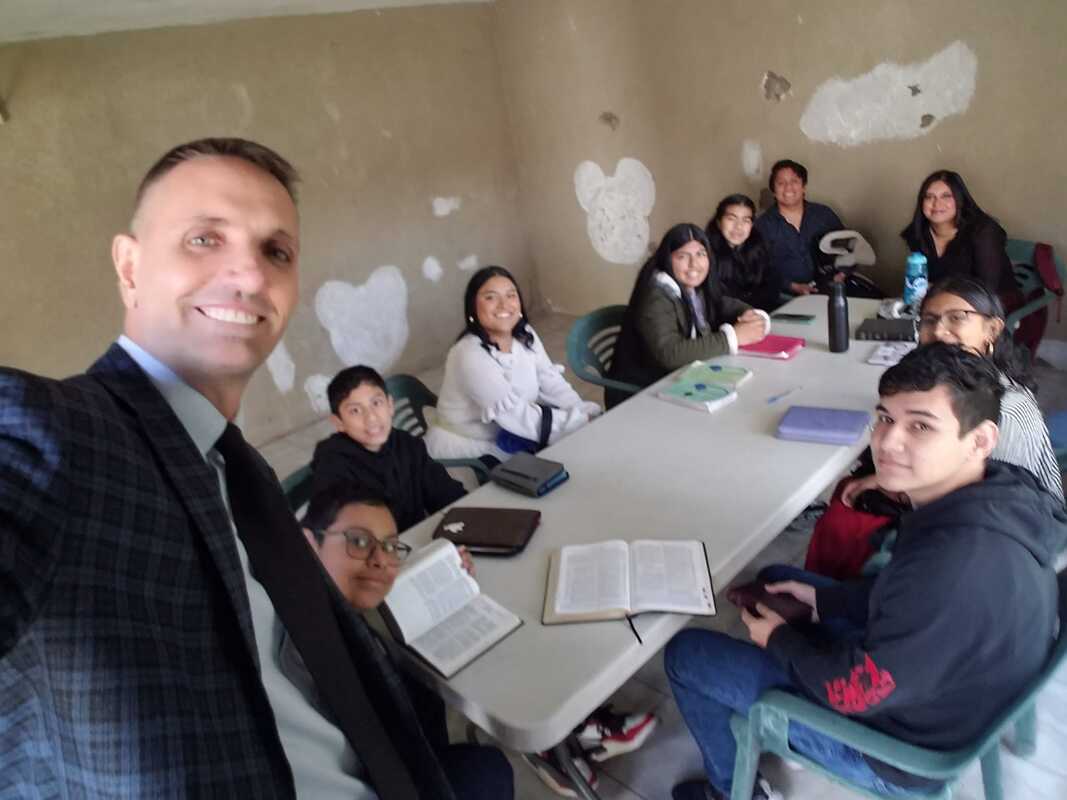Voltaire’s life story is a sad testament that reminds us it is man who abandons God, not God who abandons man. The LORD is faithful and His mercies are renewed every morning (Lam. 3:22-23). Despite Voltaire’s fervent rejection of God and disdain for Christianity, God did not give up on Voltaire. On his deathbed, God reached out to him one last time, giving him a supernatural awareness that His presence had been withdrawn. This newfound understanding should have provoked Voltaire to recognize his need for Christ; and with sorrow he should have cried out: “I have abandoned God and man; LORD save thou this wretched sinner!” And God would have saved Him. However, instead of turning towards God, he rejected his last chance for redemption and put the blame on God. Later with his final breaths, he blasphemed the name of God, crying for all the world to know, “I am abandoned by God and man! I shall go to hell! O Christ! O Jesus Christ!”
Do you ever feel abandoned by God and man? While it's inevitable for people to sometimes forget about you, ignore or leave you alone, God never abandons, forsakes, or forgets anyone. So, why do some individuals experience situations where it seems God has abandoned us? The man David in Psalm 13 may provide some insight into this matter.

David was sitting in unfamiliar territory, and he found himself completely isolated and separated from all his loved ones, with no one to turn to for comfort or support. The group of men with him, I would hardly call comrades. They were leaning to him for help! And under all this despair and perplexity, David felt the whole world and even God abandoned him.
From within the cave David sat back and penned these words:
| How long wilt thou forget me, O LORD? for ever? how long wilt thou hide thy face from me? How long shall I take counsel in my soul, having sorrow in my heart daily? how long shall mine enemy be exalted over me? Consider and hear me, O LORD my God: lighten mine eyes, lest I sleep the sleep of death; Lest mine enemy say, I have prevailed against him; and those that trouble me rejoice when I am moved. But I have trusted in thy mercy; my heart shall rejoice in thy salvation. I will sing unto the LORD, because he hath dealt bountifully with me. |
As a follower of Jesus Christ, regardless of the extent of our spiritual maturity, it’s possible to reach a point so low we actually feel that everyone—even God—has abandoned us. That was David’s desperate condition; he was vulnerable and couldn’t stop these feelings of despair, loneliness, and hopelessness.
When we allow our emotions to sweep us away to oblivion, we interpret our troubles to mean that we’ve lost God and His blessings. This is absolutely not so! God does not forsake! God does not abandon! God does not forget! God does not let go of His children! GOD STAYS NEAR.
David was going through an emotional meltdown—his feelings were in disarray and out of control. However, he had a turning point. David cried out to God in prayer! All he had to do to rise above the downward drag of his emotions was to look up and talk to the Lord—the One he thought had abandoned him!
And so when you and I begin to find ourselves in an emotional meltdown—feeling disillusioned as if all the world has turned upside down and God has abandoned us, then quickly we need to stop in our tracks, take a deep breath, and get alone with God in prayer. I’m not talking about a quick prayer. I mean a good, long time in prayer—calling out to God; crying to Him, and giving all our burdens to Him until the tears have all dried up and we are filled with God’s peace.
In Psalm 13 David wrote, “Consider and hear me, O LORD my God: lighten mine eyes, lest I sleep the sleep of death (vs. 3). In his simple prayer, David asked the LORD for three things:
1. Look at me: David wrongly felt as if God had turned His back on him, so he asked the Lord to turn around and look at him.
2. Answer me: David mistakenly felt like God had stopped talking to him. David was asking the Lord to let him hear His voice again, just as he had in the old days; he wanted God to answer him. Applying that to today, this is when we should open God's Holy Bible, daily, and say, “Open Your Word to my heart again. Let me cling to Your truth. Help my unbelief!”
3. Restore me: David was saying, “Lift up my spirit, Lord, so I can see You! I want fellowship with You, God.
After David’s short prayer, he was able to end his psalm declaring, “I will sing unto the LORD, because he hath dealt bountifully with me.” Though his circumstances were out of control, David chose to believe that God was at work and that he still had God’s favor. Therefore he made the decision to praise and sing unto the Lord. And so it is for you and me; after we pray, we too need to adopt the same attitude: to choose to believe God and focus on God instead of the circumstances. Then and only then can we praise and sing to God. Yes, we need to incorporate in our daily lives times of singing, shouting and praising the LORD. God is at work still.


